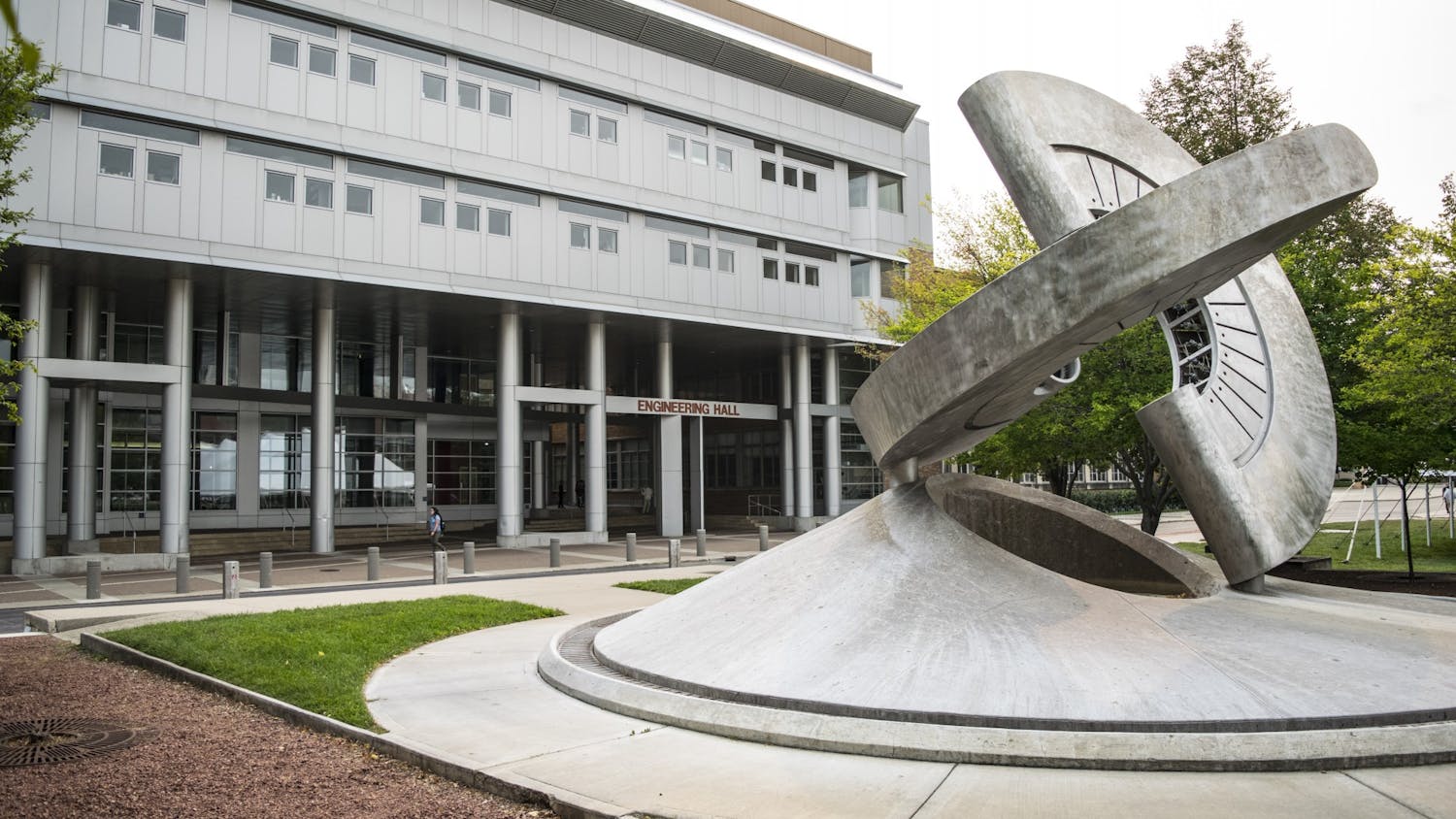It’s been a long year for the Educational Approval Board.
The agency, which oversees for-profit education in the state, has been fighting against legislative efforts to water down its authority or eliminate the board outright, a move its staff believes would be dangerous for Wisconsin students.
For-profit education programs range from small schools that provide specialized training in truck driving or massage therapy to bigger, publicly traded companies such as the University of Phoenix, ITT Tech or Globe University. They do not include traditional private universities.
The agency was initially slated for elimination last year under Gov. Scott Walker’s proposed budget.
“This proposal is part of the governor’s overall goal to streamline state government to make it more efficient, more effective, and more accountable,” Walker spokesperson Laurel Patrick said at the time.
The state Legislature nixed the provision, saving the EAB. But Director David Dies said his agency of seven staff members still has difficulties regulating the vast for-profit industry and that lawmakers are trying to weaken regulations, using the argument that the EAB’s rules are overly burdensome.
Dies counters that the industry remains relatively unregulated.
“When you look at post-secondary education and compare it to other industries, you’d find that … it is one of the least regulated,” he said.
Proponents of larger for-profit programs say the schools provide options for students from nontraditional backgrounds who couldn’t gain admittance to a public university, such as UW-Madison, or a private, non-profit school such as Marquette University or Beloit College.
But recent data suggests for-profit colleges are not always a good deal for students.
EAB documents from the 2012-’13 school year show for-profit college students account for 96 percent of all college dropouts in the state, with half of that number coming from online, distance learning programs.
These dropout rates range from 44 percent for Grand Canyon University, while 72 percent of students at the now-defunct Everest Institute didn’t return after their first year. But some individual degree programs had even higher rates.
Ashford University, an online program owned by San Diego-based Bridgepoint Education, had an average dropout rate of 55 percent. But it also had nine programs with over 25 enrolled students where more than two-thirds of those students dropped out. The EAB noted in a 2014 report that Ashford had at least seven programs where “a significant portion of students are not successful.”
In addition, none of the students who graduated between 2011 and 2014 were employed in the field they graduated in within the next year.
A spokesperson for Bridgepoint Education declined to comment.
Despite this performance, state lawmakers have attempted to decrease regulation further. Besides the attempt to eliminate the EAB in the last budget, a 2013 task force formed by Gov. Scott Walker to form new EAB standards disbanded after one meeting, with one lawmaker calling the process “very premature.”
Then State Rep. Stephen Nass, R-Whitewater, said in a memo that the committee should “work in a more cooperative manner” with for-profit schools.
In addition, Dies said there is increasing momentum led by state Sen. Sheila Harsdorf, R-River Falls, for Wisconsin to join the State Authorization Reciprocity Agreement (SARA), which would force the EAB to give up oversight of distance learning programs.
A spokesperson for Harsdorf denied the existence of a bill to that effect, saying the senator is “working with all the stakeholders” on the issue.
While currently a for-profit school must be registered in every state it exists in, SARA would allow programs to be regulated solely by the state of its headquarters.
For example, a student taking a class with the University of Phoenix would be required to work with consumer protection agencies under Arizona law if they wish to file a complaint, even if that student resides in Wisconsin.
Dies said this creates several major problems for students. For one thing, a student would be at the mercy of the rules and regulations of other states. Somewhere like Arizona, which has looser regulations on for-profit colleges than Wisconsin, would be less able to help students.
“They’re not going to be as well served as they currently are,” he said. “We have a certain ability to help students, we have certain tools to help them … not every state has the same requirements.”
Dies said students would be forced to go outside Wisconsin to deal with straightforward problems and work with organizations which may or may not be inclined to help them.
“You can only be helped to the extent [another state] can help you,” Dies said. “It’s a letdown for students and they have to navigate other state’s bureaucracies … it’s a step backward for students.”
Another problem Dies said he’s worried about is that part of the EAB’s budget comes from fees assessed to distance learning programs. If Wisconsin were to join SARA, the agency could no longer assess those fees and would be forced to raise other fees or lay off staff, according to Dies.
Dies said the decline of his agency would be felt by students across the state.
“There are people fearful that it would become the wild west,” he said. “If you were to eliminate the EAB the level playing field would simply not exist … it would be a race to the bottom.”
Leaders for the Wisconsin Council for Independent Education, a lobbying group for for-profit schools in Wisconsin, and the National Council for State Authorization Reciprocity Agreements, which advocates for and implements SARA, did not return requests for comment.






